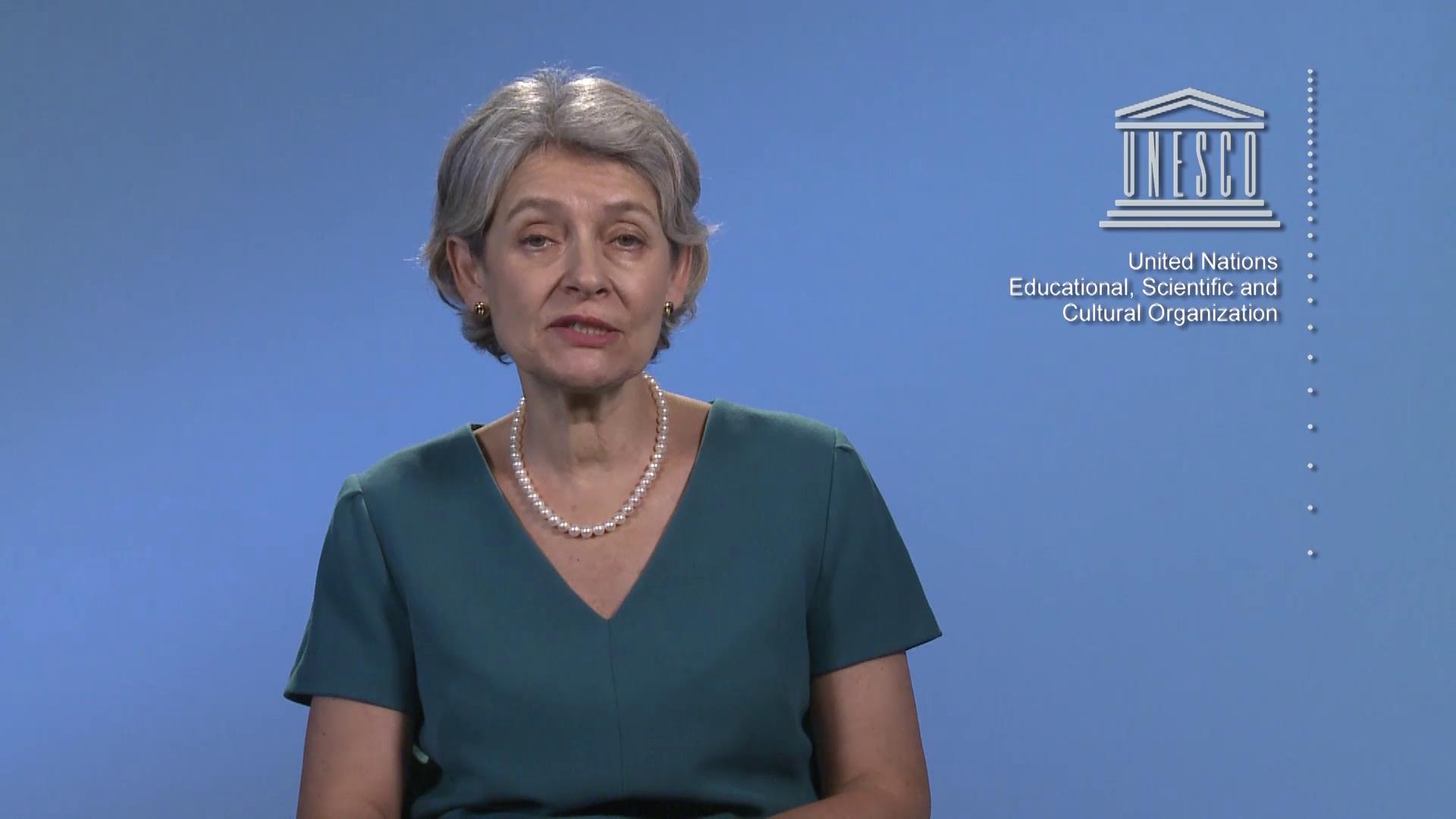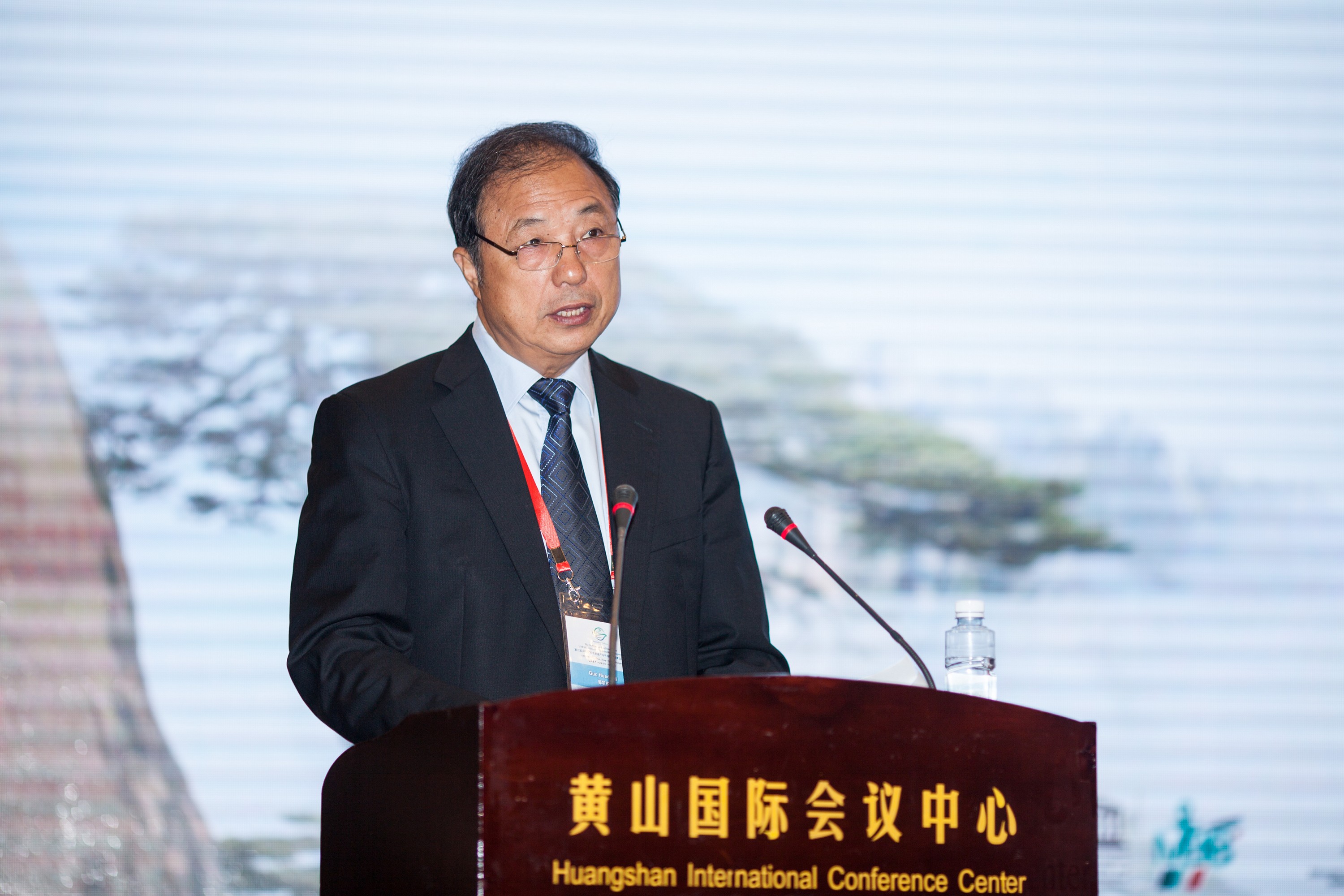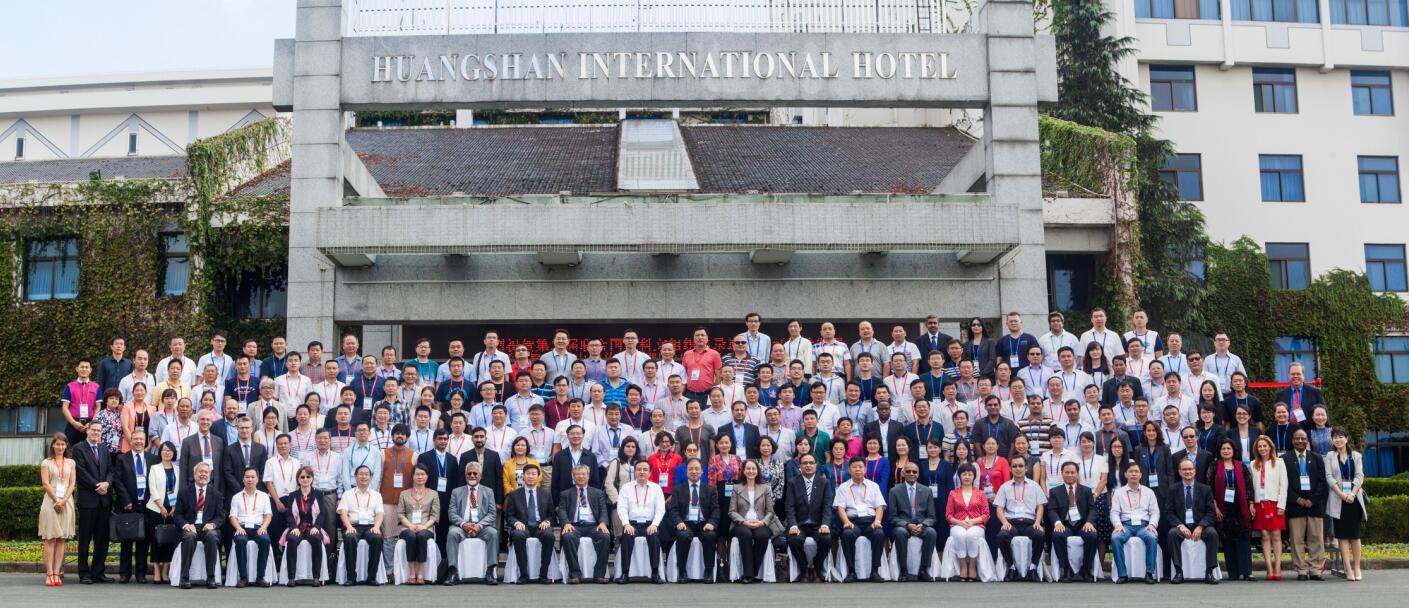The 2nd Huangshan Dialogue on UNESCO Sites and Sustainable Development was held at China’s Mount Huangshan from September 12-14, 2016. More than 200 experts and scholars from 37 international organizations including the International Union for Conservation of Nature (IUCN) and the International Council on Monuments and Sites (ICOMOS), and representatives from 27 UNESCO sites gathered to discuss how space technologies enable UNESCO sites to mitigate and adapt to climate change.
The event was organized by the International Centre on Space Technologies for Natural and Cultural Heritage (HIST), the Institute of Remote Sensing and Digital Earth (RADI) under the Chinese Academy of Sciences (CAS), and supported by the Mount Huangshan Administrative Committee.
The UNESCO sites consist of world heritage sites, biosphere reserves and UNESCO Global Geoparks. Among over 1,800 UNESCO sites around the world, more than 100 sites are located in China and the number will continue to grow.
In a video message addressed to the Dialogue, UNESCO Director-General Irina Bokova stressed the importance of the event as a contribution towards the 2030 Agenda for Sustainable Development and the Sustainable Development Goals (SDGs), as well as towards the development of UNESCO’s newly updated Strategy for Action on Climate Change.
During the opening ceremony, Prof. GUO Huadong, Director of HIST and co-chair of the Dialogue, reviewed the important role of space technologies in fulfilling the SDGs and in combating climate change. In the following keynote speech session, he introduced the Digital Belt and Road (DBAR), a ten-year initiative for promoting cooperation with countries along the Belt and Road to advocate and demonstrate the applications of big Earth data in support of the sustainable development of people and economies at local, national and regional levels. He also illustrated the relationship between DBAR and UNESCO sites, emphasizing that the UNESCO sites along the Belt and Road could be “part of DBAR and contribute to promoting international cooperation between China and partner nations”.
CAO Jinghua, Director of the CAS Bureau of International Cooperation pointed out in his address that adapting to climate change is a common challenge for human society. He underscored that the Dialogue provides an excellent platform for policy-makers, managers, scientists and practitioners to share their experiences in conserving and managing UNESCO sites. He also spoke highly of the achievements of HIST in the past five years and confirmed that CAS will continue to provide strong support to HIST in the future.
The three-day Dialogue included seven keynote reports, two panel discussions and 40 oral reports. Discussions focused on how the impacts of climate change on UNESCO sites interact with other factors, and on the use of space-based technologies and other approaches to understand the related dynamics.
The 2nd Huangshan Dialogue builds on the resounding success of the first, convened in 2014. The theme of the first Dialogue was “Application of Space Technologies for World Heritage Sites, World Biosphere Reserves and Global Geoparks”.
Established in July 2011, HIST is a category-II center under the auspices of UNESCO and hosted by RADI. This is the first UNESCO center applying space technologies to monitoring and conserving world natural and cultural heritage sites.

UNESCO Director-General Irina Bokova addresses the Dialogue via a video.

Prof. GUO Huadong addresses the opening ceremony.

Group photo.